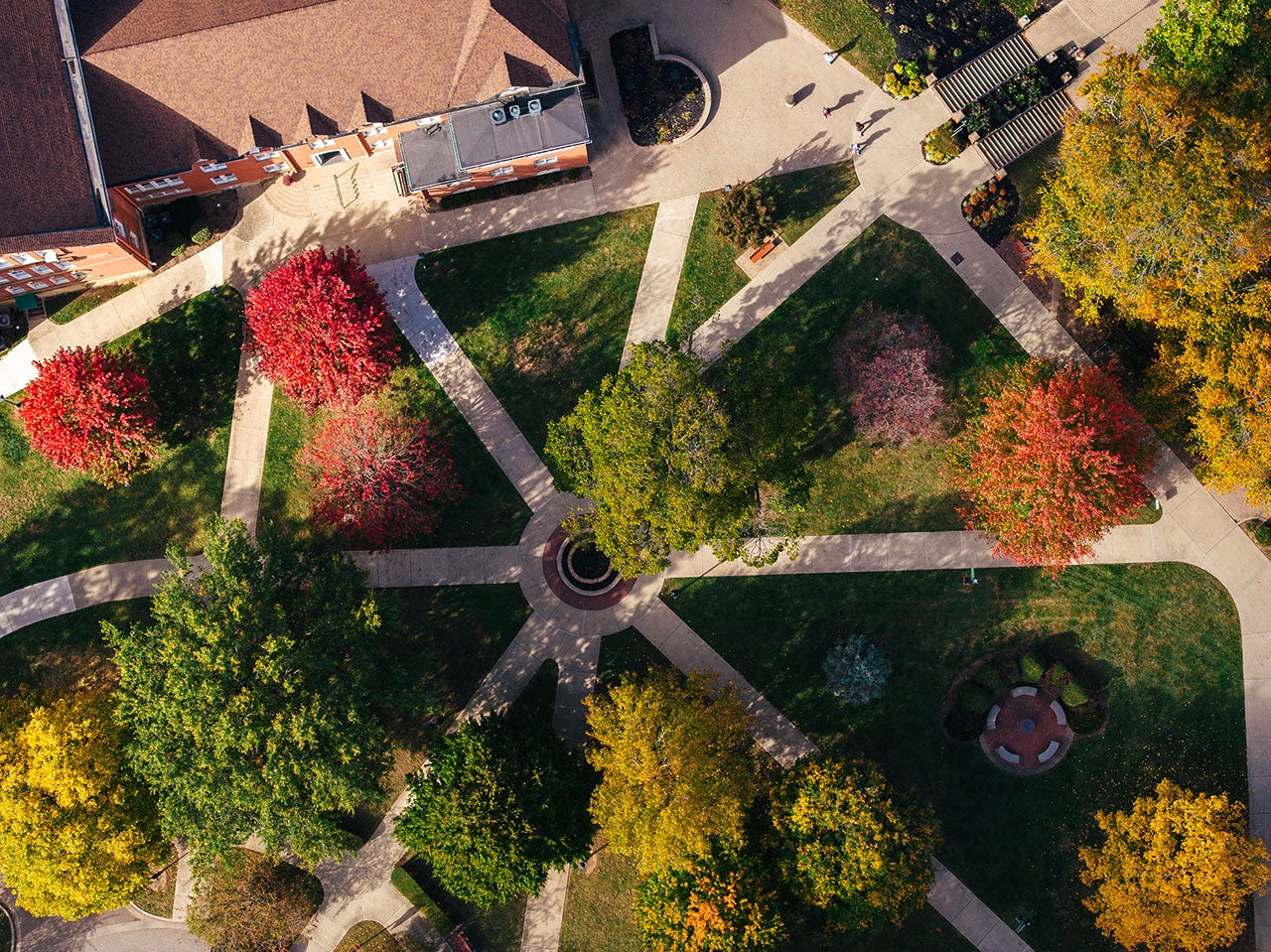INTERNSHIPS IN ANTHROPOLOGY
There are a number of career directions people with degrees in anthropology can take, and we offer internships for our students in many of these career fields. We currently have established internship positions in cultural preservation/museum studies, marketing/UX research, and social services.
HOW TO SELECT AN INTERNSHIP
We have established partnerships with multiple organizations and businesses that are interested in anthropology interns. You may enroll in an internship with one of these community partners, or you may reach out to a new organization/business if you think they may be a good fit.
The following are our current community internship partners:
Cultural Resource Analysts
Is seeking students interested in a career in archaeology for paid internship positions ($15/hour) within their Hurricane, WV office.
Temporary internship with the potential to lead to temporary or full-time employment.
Question? Email zchamilton-cruze@crai-ky.com for further information.
Cultural preservation/museum studies
Heritage Farm Museum and Village (https://heritagefarmmuseum.com/)
Clay Center (https://www.theclaycenter.org/)
Marketing/UX research
Dutch Miller Auto Group (https://www.dutchmillerauto.com/)
Social services
Hospice of Huntington/Tri-State Life Care (https://hospiceofhuntington.org/)
Teubert Foundation (https://fconline.foundationcenter.org/fdo-grantmaker-profile/?key=TEUB001)
Branches Domestic Violence Shelter (https://www.branchesdvs.org/)
HOW TO ENROLL IN AN INTERNSHIP
Please reach out to Robin Riner at conleyr@marshall.edu if you are interested in completing an internship, specifying which organization you would like to do your internship with. If you’re not sure who you’d like to work with, we can find a suitable internship for you. Students must be either of junior or senior standing and must enroll in ANT 489 during the internship period. Internships will vary as to their duration, time period, and whether they are paid or for credit only.






